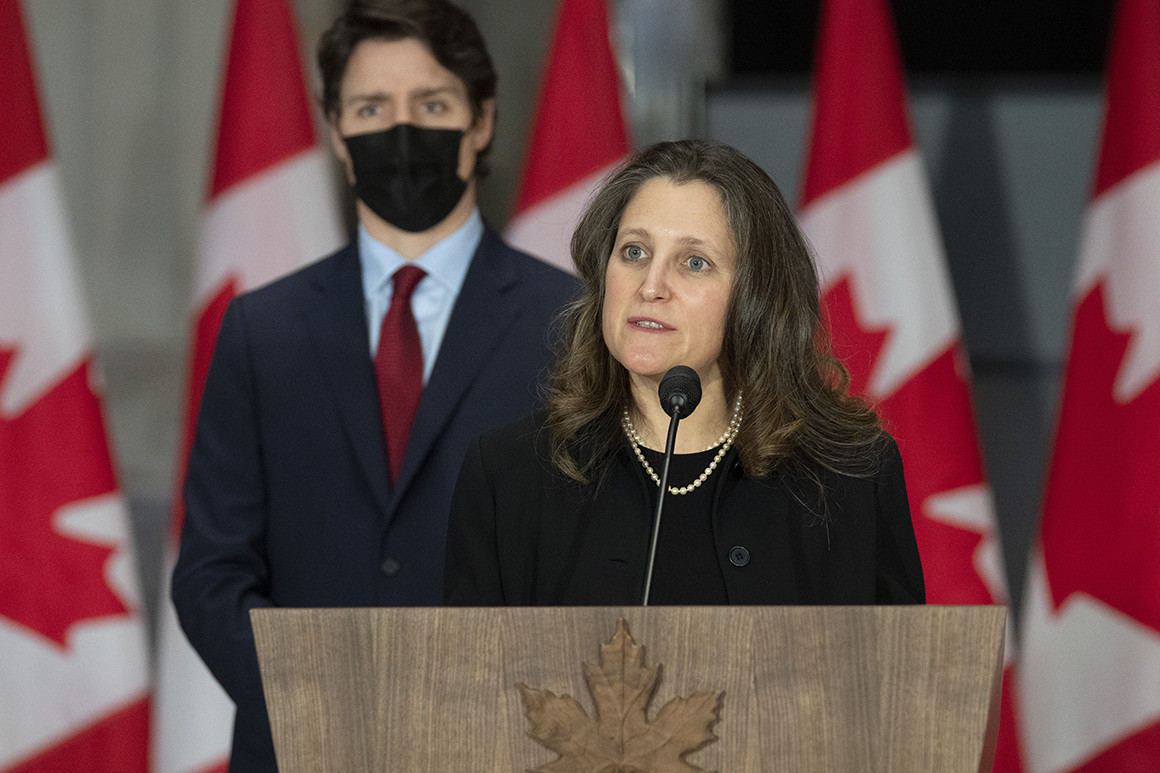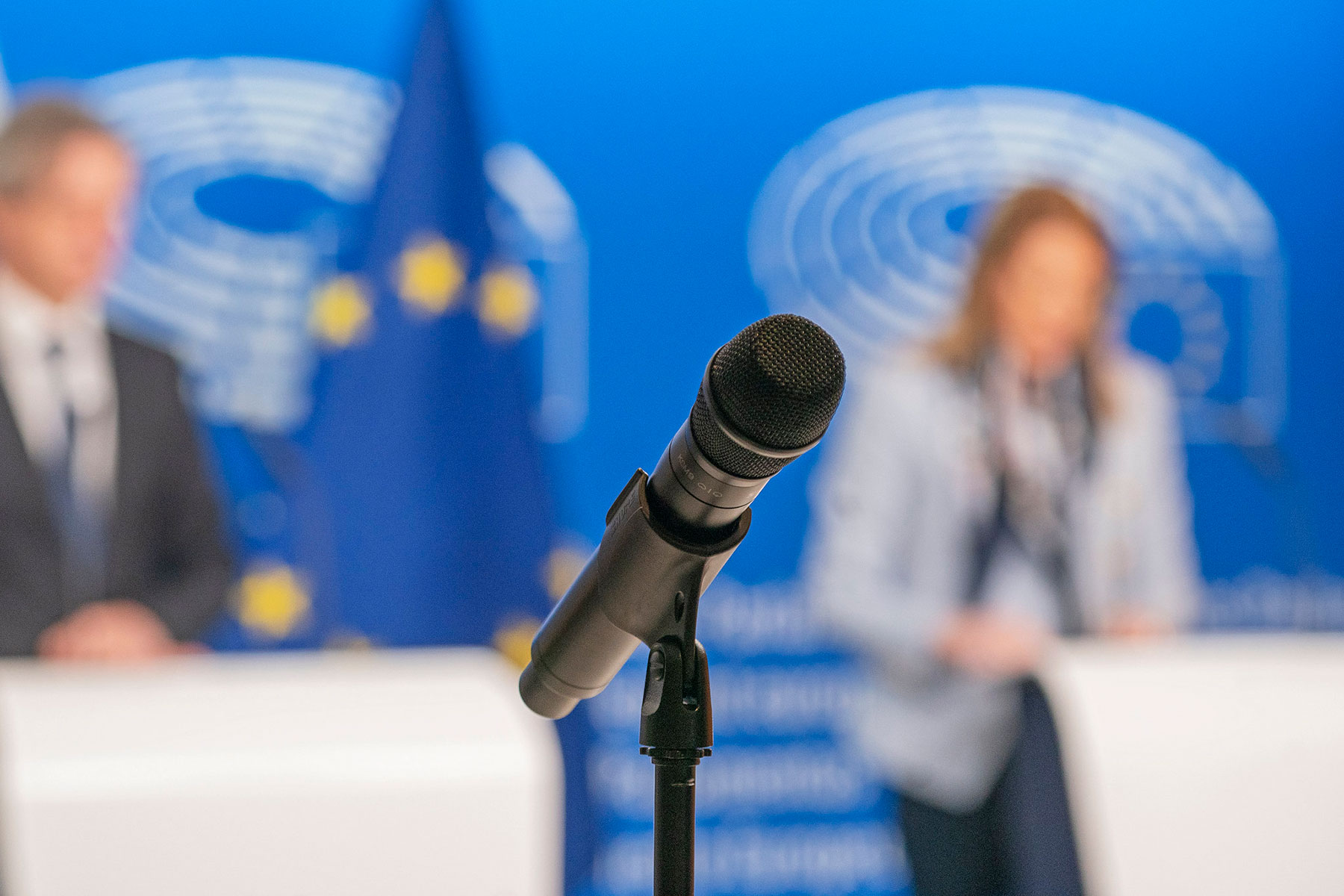On the anniversary of the start of the Special Military Operation in Ukraine (SMO), a group of Western countries imposed new massive economic sanctions against Russia. The introduction of new sanctions was announced long before the anniversary of the SMO. During the year of hostilities in Ukraine, such a significant volume of restrictive measures had been introduced against Russia that the possibilities for its expansion seemed exhausted. Nevertheless, the new restrictions can be considered a fairly significant escalation of the economic war against Moscow. They are unlikely to lead to economic shocks, but they will increase costs, hinder industrial modernisation, and create additional problems for business.
What do the new sanctions mean for Russia? First of all, the narrowing of opportunities for transactions in US dollars with foreign counterparties. The main hit will be importers and exporters who continued to use US currency. The financial window to the outside world is closing more and more tightly. The expansion of export controls on electronics, industrial goods, equipment and other items will hit opportunities for parallel imports to Russia.
Sanctions against individuals generally do not affect the macro economy; however, they show several trends. First, the United States is stepping up efforts to block those individuals and their assets that are involved in circumventing sanctions. Second, state officials and entrepreneurs working with state orders are again becoming the key target of blocking sanctions. Activities in the field of high technology, industry and dual-use production almost automatically, sooner or later, lead to sanctions lists. Third, Western initiators have launched an active campaign to block Russian journalists, media and NGO workers, including those providing humanitarian assistance to the population in the conflict zone.
The further escalation of sanctions against Russia is inevitable. This means that for Russia, the most important task remains the development of means of settlement with foreign countries, which would be independent of Western currencies, as well as import substitution and building up trade relations with alternative suppliers in friendly countries. The solution to this problem will be complicated by the significant role of Western countries in global finance and supply chains, as well as the preservation of close financial and trade ties of friendly countries with Western initiators of sanctions.
On the anniversary of the start of the Special Military Operation in Ukraine (SMO), a group of Western countries imposed new massive economic sanctions against Russia. The introduction of new sanctions was announced long before the anniversary of the SMO. During the year of hostilities in Ukraine, such a significant volume of restrictive measures had been introduced against Russia that the possibilities for its expansion seemed exhausted. Nevertheless, the new restrictions can be considered a fairly significant escalation of the economic war against Moscow. They are unlikely to lead to economic shocks, but they will increase costs, hinder industrial modernisation, and create additional problems for business.
The United States has introduced the most significant package of restrictions: 11 second-tier banks fell under blocking sanctions. These include relatively small banks, but after blocking large Russian financial institutions in 2022, they began to play an important role in dollar transactions with foreign countries. Now these possibilities have been significantly reduced. Furthermore, companies in the field of capital management (Confideri, Veles Capital, etc.), as well as their owners, have been blocked. In addition, top managers of leading Russian banks responsible for working with high net worth clients (including those from Alfa-Bank and Sberbank) have been blocked. The list of blocked persons includes individuals and companies allegedly involved in circumventing sanctions against Russia from Switzerland, Germany, Bulgaria and Malta. These include Nurmurad Kurbanov, an alleged “arms dealer”, who, according to the US Treasury, represents the interests of Russian and defence firms abroad. Russian Alexander Udodov and a group of his companies, which operate in the consulting industry, have been blocked for their ties to top Russian officials. Washington continues to block high-tech companies in the field of dual technologies and electronics, as well as companies working on military orders.
The new Definition of the US Treasury expands sanctions against the Russian mining and metallurgical sector. This means that any person can be blocked by the US Treasury solely on the basis of work in these sectors (so-called “hybrid sanctions”). In addition, blocking sanctions are being imposed on several dozen heads of Russian regions, nine federal ministers, a number of other officials, and family members of high-ranking officials and the military, as well as their assets. Similar restrictions have been imposed on the operator of the Zaporozhye Nuclear Power Plant and three subsidiaries of Rosatom. A total of 22 vessels, which are involved in trade with Turkey and Arctic projects, are blocked. Visa sanctions have been introduced against 1,219 Russian military personnel. Export control has been significantly expanded, including a list of industrial goods prohibited from deliveries to Russia. A wide range of consumer electronics (including hair dryers, microwave ovens, computers, smartphones, etc.) have been included among prohibited “luxury goods”. The list of persons with which the vast majority of export operations are prohibited (Entity List) has been expanded.
For its alleged supply of drones to Russia, export controls have been tightened against Iran (however, they were already very tough).
The EU has also introduced a fairly wide range of restrictions. Just like the United States, the European Union has expanded the lists of blocked Russian persons. These individuals include deputies of the State Duma and members of the Federation Council, heads and deputy heads of a number of ministries and federal agencies, senior officials of the All-Russian Popular Front (ONF), a number of regional officials, journalists, members of the Council under the President of the Russian Federation for the Development of Civil Society and Human Rights, etc. The blocked organisations include industrial enterprises, including in the field of the defence industry or fulfilling defence orders, public organizations, a number of state media, a number of banks, including Alfa-Bank, Rosbank, Tinkoff Bank, etc. Sanctions are gradually spreading to the nuclear industry – Atomflot has been blocked. The list of Russian companies that cannot be subject to exemptions for the supply of dual-use goods, as well as the range of dual-use goods itself, as well as goods for the aerospace industry and goods “contributing to the industrial development” of Russia, has been expanded. In the last group, the expansion is significant and amounts to hundreds of items. The transit of dual-use goods through the territory of Russia is prohibited. The lists of Russian media, whose materials are prohibited for distribution in the EU, have been replenished. Bans on imports from Russia have expanded slightly. In addition, temporary exemptions are introduced for rubber and carbon. Russian persons are prohibited from entering the governing bodies of companies in the field of critical infrastructure. The UK expanded blocking sanctions by including a number of second-tier banks, defence companies, and top managers of a number of large Russian companies (Aeroflot, Rosatom, Rostec, Gazprom, Almaz-Antey) in its list of blocked persons.
Canada has blocked more than a hundred Russians (high-ranking officials, entrepreneurs, their family members, etc.), as well as a number of companies, government institutions and organisations. Blocked lists have been expanded by Australia and New Zealand.
Earlier in late January, Japan expanded its list of blocked persons and export controls. The US, Japan, UK, South Korea, Australia, Canada, New Zealand and Norway are EU partners in implementing export control regulations.
What do the new sanctions mean for Russia? First of all, the narrowing of opportunities for transactions in US dollars with foreign counterparties. After the introduction of sanctions against large Russian banks in 2022, the use of second-tier banks has become a general trend. Now a number of these banks are blocked and will not be able to make payments in dollars. The main hit will be importers and exporters who continued to use US currency. The financial window to the outside world is closing more and more tightly. The expansion of export controls on electronics, industrial goods, equipment and other items will hit opportunities for parallel imports to Russia. This is especially true for goods from the USA or with American components. Bypassing export controls is a criminal offense in most initiating countries. The United States has the richest experience in prosecuting violators, which is also used in relation to Russia. Any participant in the supply chain of prohibited goods to Russia from the United States or American goods from a third country, potentially becomes a defendant in a criminal case. This also applies to the supply of goods with American components subject to export control. The EU and other initiators are also stepping up efforts to prosecute offenders. In particular, the Group of Seven countries plan to coordinate a mechanism to prevent the circumvention of sanctions. New export controls could lead to a rise in the cost of these goods and a shortage in certain categories, including due to the growing risks for intermediaries in third countries.
Sanctions against individuals generally do not affect the macro economy; however, they show several trends. First, the United States is stepping up efforts to block those individuals and their assets that are involved in circumventing sanctions. Second, state officials and entrepreneurs working with state orders are again becoming the key target of blocking sanctions. Activities in the field of high technology, industry and dual-use production almost automatically, sooner or later, lead to sanctions lists. Third, Western initiators have launched an active campaign to block Russian journalists, media and NGO workers, including those providing humanitarian assistance to the population in the conflict zone.
The further escalation of sanctions against Russia is inevitable. This means that for Russia, the most important task remains the development of means of settlement with foreign countries, which would be independent of Western currencies, as well as import substitution and building up trade relations with alternative suppliers in friendly countries. The solution to this problem will be complicated by the significant role of Western countries in global finance and supply chains, as well as the preservation of close financial and trade ties of friendly countries with Western initiators of sanctions.
First published in the Valdai Discussion Club.







